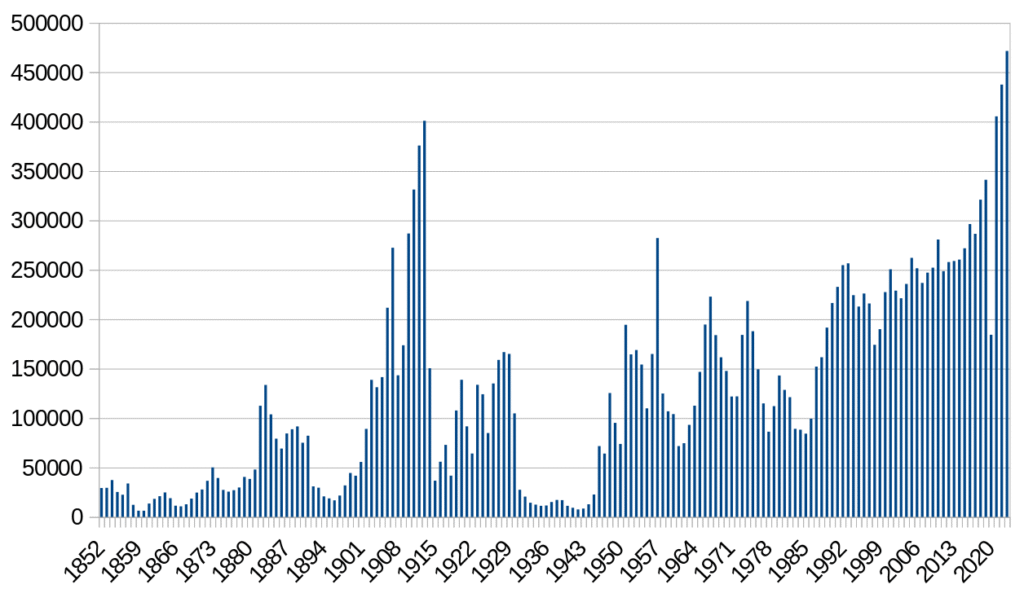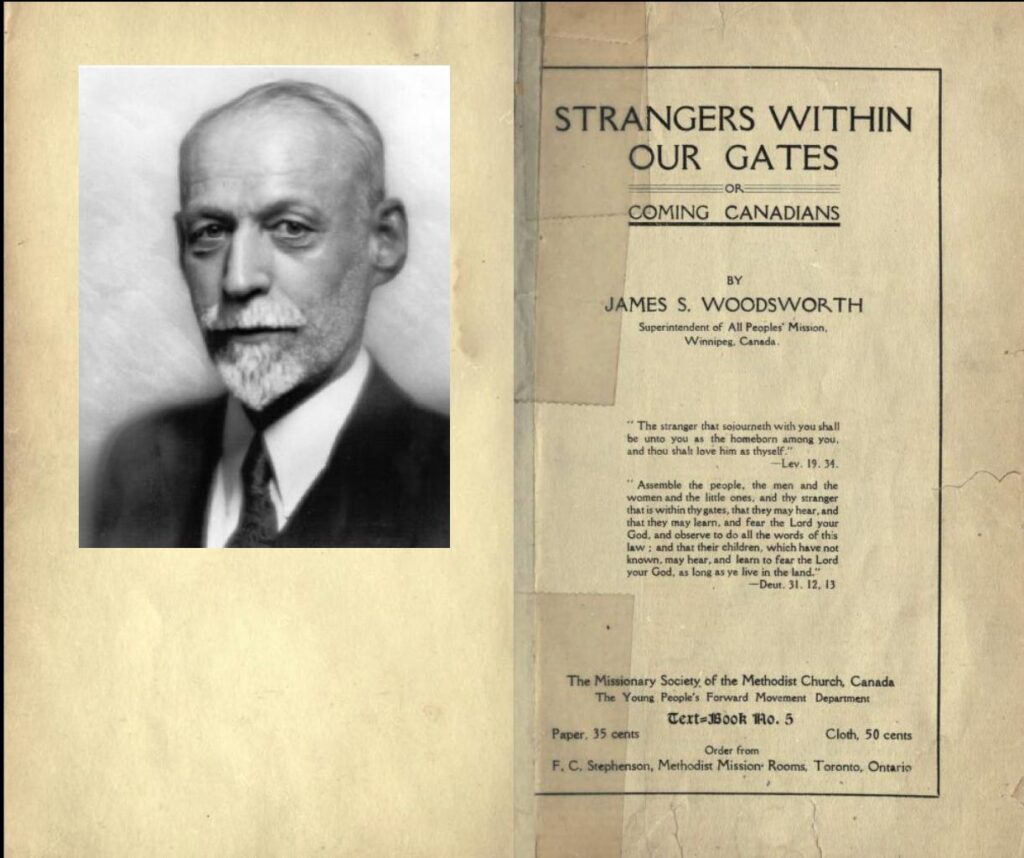Imagine your town’s water board was marred by financial mismanagement, and staffed by incompetents, to the point that leaks went unfixed, and unhealthy levels of certain minerals were leaking into the water. Justly outraged, you mobilize your community to unseat the corrupt longtime board members, and your side wins in a landslide. What do you do: set about fixing the pipes and looking into the finances, or disband the entire water board?
The answer is obvious: after having attained power over the board, you would be in a position to fix the problems which had upset you in the first place. There is, after all, nothing wrong with a necessary organization like a water board, provided it is managed well. On a much larger scale then, why is CPC Leader Pierre Poilievre promising to attain control over the CBC as Prime Minister, only to destroy it?
The elected government is the only institution which the Right can feasibly take direct control of, and yet mainstream conservatives are stuck in a libertarian dialectic in which the use of state power to advance one’s vision of society is considered wrong in and of itself. This is why, time and time again, self-proclaimed conservatives are elected on municipal, provincial, and even federal levels, while the country as a whole moves further to the Left.
The CBC is an integral national institution. In 1929, the Aird Commission on public broadcasting recommended that Canada create a national radio broadcast network to counter the spread of American radio. In 1932, the government of R.B Bennett, known as ‘Iron Heel’ Bennet in reference to his staunch anti-communism, established the predecessor to the CBC, the Canadian Radio Broadcasting Commission (CRBC).
Known as the CBC from 1936 onwards, Canada’s national broadcaster was key to the formation of a distinctive Canadian identity in the 20th century. Television broadcasts began in 1952, and in 1963 the first Canadian TV show in colour was released, a CBC original called Forest Rangers – about the adventures of junior forest rangers in Canada’s forests. Great effort was made to ensure that isolated northern communities could watch the same TV shows as the rest of the country, with tapes recorded in Calgary and flown into small towns under the “Frontier Coverage Package”.
At its best, the CBC helped to build and maintain a national identity in a regionally divided country, educated the public through historical documentaries, and provided useful and at times interesting radio programs (the one strength it has not yet entirely destroyed). Today, however, it is undeniable that our national broadcaster is failing its original mandate.
The CBC is biased, but not, as Poilievre frequently claims, in favour of the Liberal Party. Its bias is far more serious, and transcends party politics. The CBC defends a fundamentally post-national vision of Canada. The broadcaster celebrates immigrant contributions, Black History Month, Indigenous History Month, and Pride Month, while denigrating and seeking to deconstruct the “white supremacy” and “systemic racism” of the historic Anglo and Québecois nations of Canada. Hardcore Leftist articles promoting everything from drag queen story hours, open borders, and gender transitioning for children are regularly published, written by radical young journalists hired straight out of academia.
I understand the motivation to call for the destruction of an institution which is has strayed from its original culture-building mission, and is now delivering a daily flood of propaganda through TV, radio, and web journalism. However, in the Canadian Right’s justified trend towards populism, we should be careful not to be seen as cultural philistines who would trash historic institutions loved by many Canadians, rather than nurturing them back to health. In calling for the defunding of the CBC, the Right is sacrificing a major opportunity to rescue a near-century old national institution, purge its ranks of Left-wing radicals, and re-orient it towards the national good.
All content on this website is copyrighted, and cannot be republished or reproduced without permission.
Share this article!




The truth does not fear investigation.
You can help support Dominion Review!
Dominion Review is entirely funded by readers. I am proud to publish hard-hitting columns and in-depth journalism with no paywall, no government grants, and no deference to political correctness and prevailing orthodoxies. If you appreciate this publication and want to help it grow and provide novel and dissenting perspectives to more Canadians, consider subscribing on Patreon for $5/month.
- Riley Donovan, editor